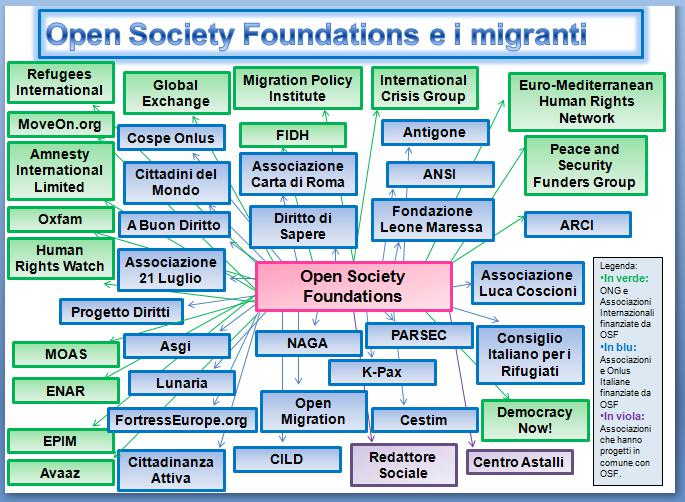The First and the Second World War were the culmination of rivalries that go as far back as over a thousand years, when Charlemagne subjugated the Saxon tribes inhabiting modern Germany, and creating the Carolingian Empire. The political successors of Franks, France, and Saxons, the latter morphing into the Holy Roman Empire, then Prussia, then Germany, would continue to fight border wars until the bloodiest of them all, World War 2, inflicted enough destruction to both to force them to give up military means for the reciprocal arrangements.
The First World War was triggered by a regional episode, the assassination of the Archduke of Austria, Franz Ferdinand, by Serb nationalists that put in motion the alliance of the German world, Austria and Prussia against the British, French and Russian one.
Just like the two world wars in Europe were triggered by a single event, so can long standing, unresolved rivalries for power and influence over the Middle East result in the mother of all wars.
Qatar and Saudi Arabia have collaborated in the recent years to overthrow the Assad presidency in Syria and replace it with a Sunni Muslim leader that would allow the creation of a pipeline from Qatar to Europe, for the benefit of the Gulf countries.
The failure of the American-Saudi-Qatari coalition however re-opened old wounds. In the recent weeks, the Saudi-led bloc, including Jordan, Egypt and Bahrain has broken all ties with Qatar, accusing it of working with terrorist groups and having too close ties with Iran. Since then, having cashed in on the support of US President Trump, Saudis have given a list of 13 demands to Qatar, which the latter has no intention to comply with. Continue reading →


















